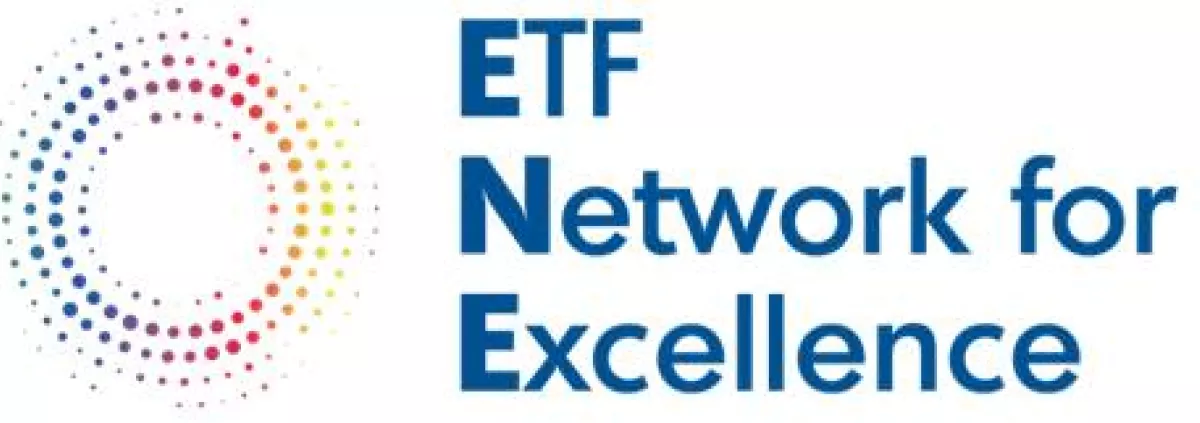ETF’s Network for Excellence is an international network of Centres of Vocational Excellence (CoVEs). ENE was established in early 2020 and has grown rapidly so that it now includes more than 200 vocational schools and centres from more than 25 countries.
Vocational Excellence is a contested concept. Nevertheless, VET providers need to develop a working understanding of what excellence is and how to achieve it. ENE Members are working together on vocational excellence – so that each CoVE can develop their own understanding and practice in the light of what other CoVEs are doing.
ENE’s Self-Assessment Tool (ENESAT) offers a framework for Centres of Vocational Excellence to judge for themselves both the range and the level of their performance. ENESAT is a tool to help CoVEs develop their own vision for excellence – taking account of the vision of others.
The framework places emphasis not only upon how a particular CoVE is performing, across many dimensions, but also upon how well it is interacting with its environment and with other organisations including other training providers. The framework has a particular focus on the extent to which each CoVE is collaborating with others or has taken on a leadership role.
ETF has just published a provisional analysis of the findings which provide a unique insight into how CoVEs evaluate their own strengths and weaknesses and also into how they intend to develop their performance over the next five years.
Self-assessment Score by Dimension of Vocational Excellence 2020 (N=82)

ENE CoVEs scored themselves most highly in the dimension of “Pedagogy and Professional Development” (Dimension B), followed by the dimension of “Education-business cooperation” (Dimension A). There is much excellent practice in these dimensions within existing members of ENE which can be shared across the network.
ENE Members are least well advanced in relation to Dimensions G “Going Green”, D “Lifelong Learning in VET” and Dimension E “Skills for Smart Specialisation” – in these dimensions good practice is less widespread so CoVEs will need more intense and sustained input to progress.
ENE offers a reservoir of know-how and good practice – there is no indicator that is not achieved by at least some 15 CoVEs (20% of respondents). However, ENESAT reveals that there is scope for development in relation to some services, for example, incubation services, benchmarking digital competences which, in general, are at an early stage of development.
Messages for policy-makers
Ultimately, the development of vocational excellence depends upon respect, understanding and cooperation between policy makers and teachers and managers across the VET system.
CoVEs should be encouraged and supported to self-evaluate in order to understand their own state of development and to agree and implement their own priorities for the development of excellence.
This self-assessment exercise suggests that the development of excellence across some dimensions is linked, for example, institutional autonomy, institutional improvement and resources (Dimension C) is correlated to both pedagogy and professional development (Dimension B) and education-business collaboration (Dimension A). There seems also to be a connection between excellence in Industry 4.0 and Skills for Smart Specialisation. However, most dimensions appear to be independent.
Policy makers and practitioners should enter into dialogue at local and regional level to agree strategic plans for excellence – that is how priorities, in terms of dimensions, skills and investments, should be grouped and implemented. Policy makers will do well to provide resources, support and regulations that enable CoVEs to focus on the development of excellence in relation to particular dimensions or groups of dimensions.
Policy makers should take note of the fact that collaboration and leadership between CoVEs is relatively weak. There is a danger that the policy of developing CoVEs will lead to a polarisation of quality in vocational education and training rather than systemic improvement. ENE is helping to address this issue by encouraging international networking – but national collaboration is as important.

Is your Vocational School or Centre interested in joining a partnership to apply for Erasmus plus funding to set up a Platform for Vocational Excellence?
If so you may like to register on Katapult’s digital director of centres that are looking for partners: https://wearekatapult.eu/cove-match-making-map/
Please log in or sign up to comment.